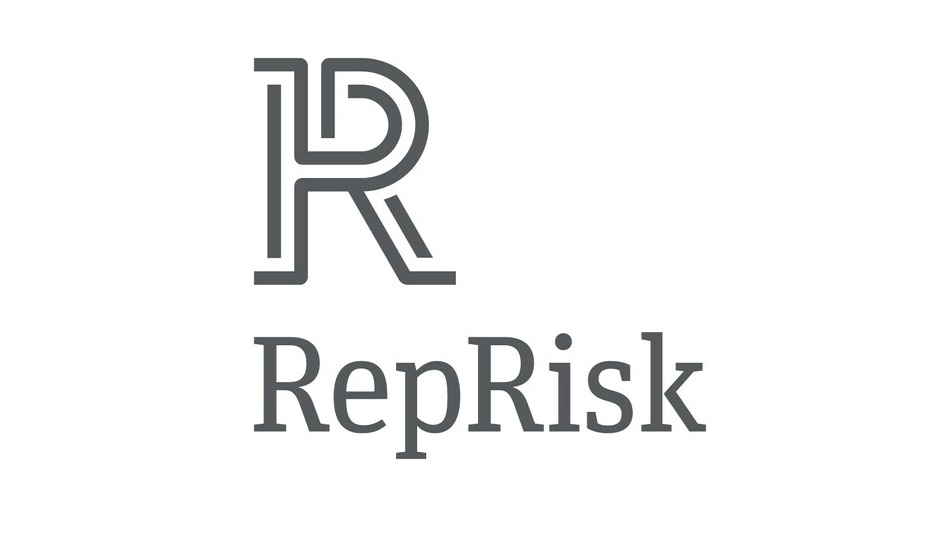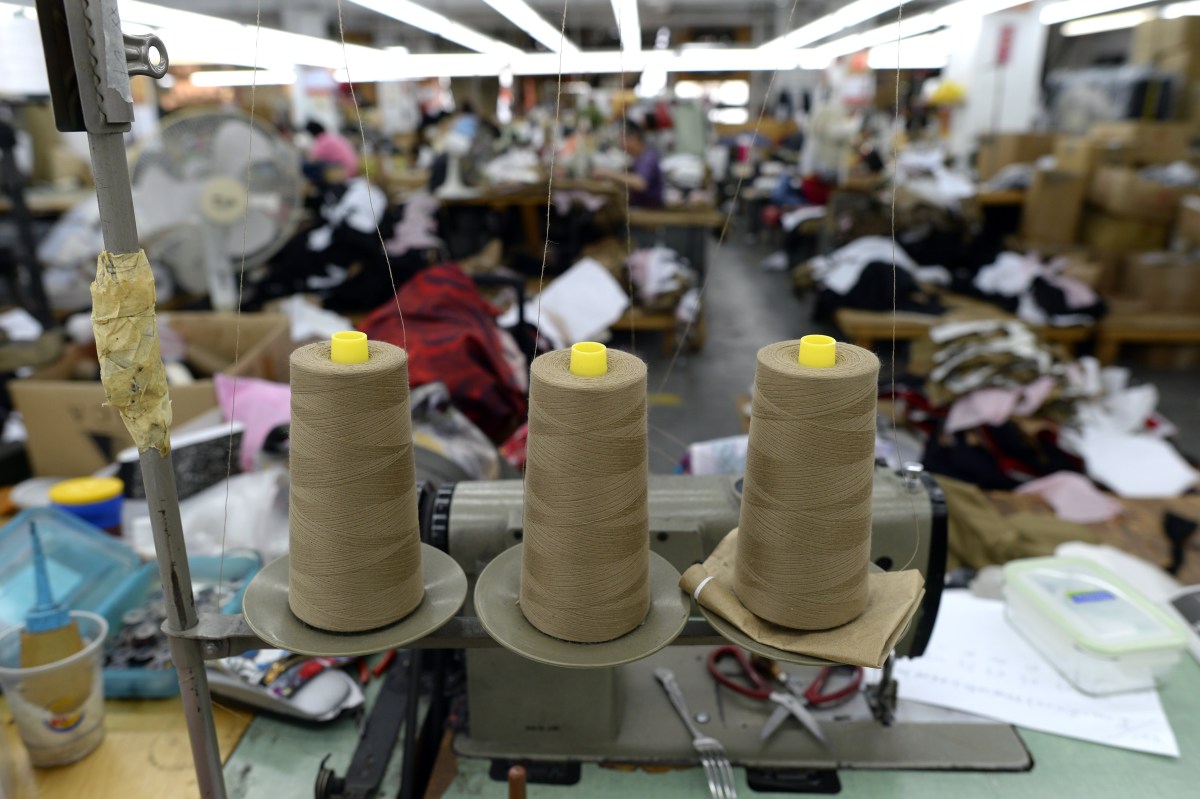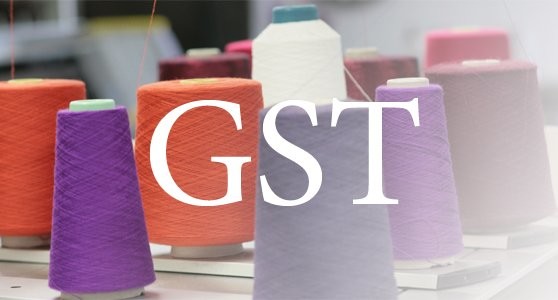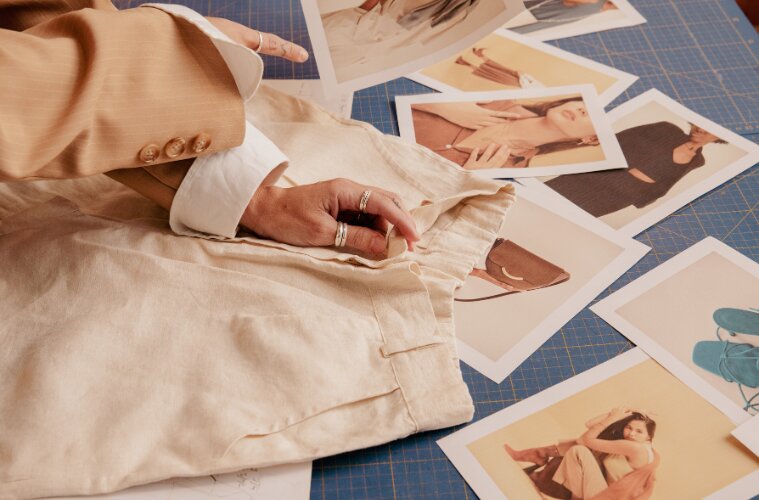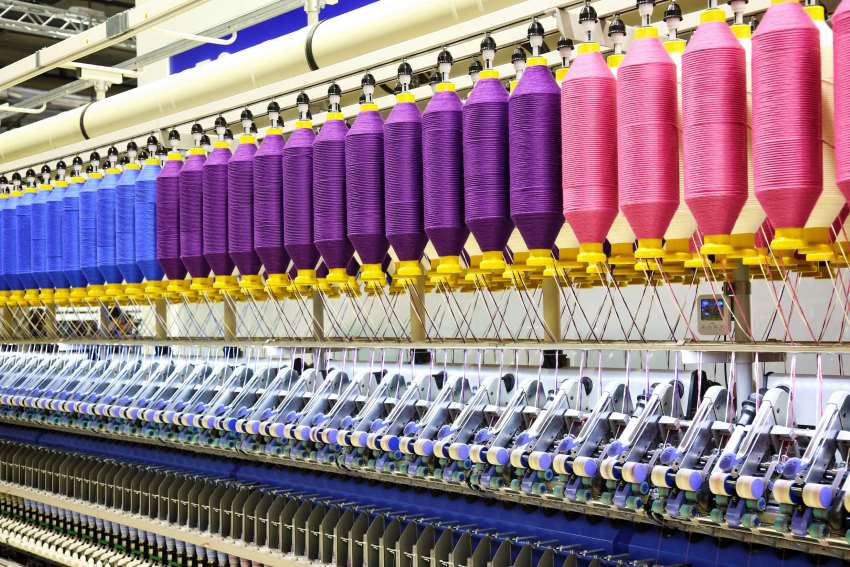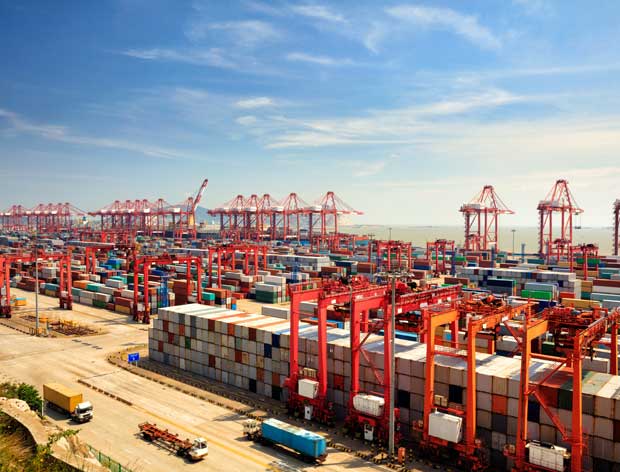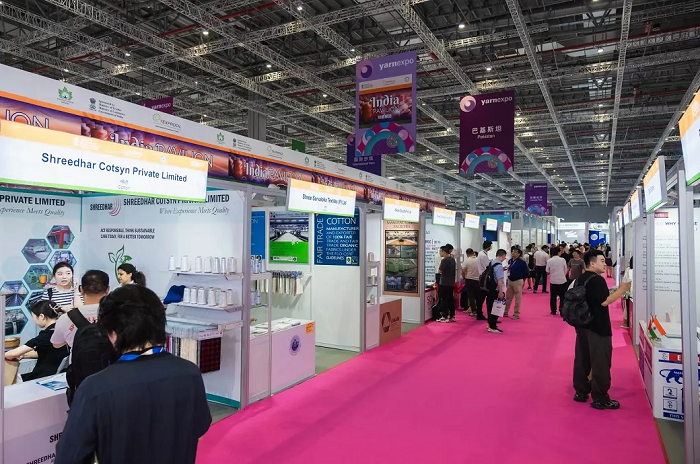FW
H&M has launched in maiden store in Brazil along with a new e-commerce platform. Launched at Shopping Iguatemi in São Paulo the new store offers H&M’s fashion-forward, sustainable, and affordable products to Brazilian customers. As a part of its strategy, the company continues to focus on sustainability with an aim to provide quality fashion at a great price in a more sustainable way.
Daniel Erver, CEO, H&M Group, notes, bringing H&M to Brazil involves building a lasting connection with the country and its people. The launch provides the brand with an opportunity to celebrate creativity and self-expression through fashion.
Joaquim Pereira, Country Manager, H&M Brazil, affirms, the warm welcome from Brazilian customers has been truly inspiring. He looks forward to connecting with customers across the country.
The launch of H&M is an important milestone in Brazil’s Known for its wide range of styles and its commitment to sustainability, the brand’s dual-channel approach with a physical store and an online platform gives customers more avenues to shop. This launch also exhibits H&M's strong commitment to the Brazilian market and its belief in the country’s growth potential.
Valued at $63.05 billion in 2024, the global eco-fibers market is projected to reach a value of $106.45 billion by 2035. The market is set to grow at CAGR of 4.89 per cent from 2025-35.
Eco-fibers are environmentally friendly textiles derived from natural sources, like organic cotton, hemp, and wool, or from recycled materials such as polyester. These fibers are quickly gaining momentum as sustainability becomes a core focus in various industries, including fashion, home furnishings, automotive, and industrial manufacturing.
The market's growth is driven by rising environmental concerns, stricter carbon emission regulations, growing consumer awareness about sustainable clothing, and new innovations in biodegradable and circular materials. As global industries actively work to reduce their ecological footprint, the demand for eco fibers is expected to grow dramatically through 2035. This shift highlights both a change in consumer behavior and an industry-wide response to climate-conscious production.
French cashmere brand Kujten is making its US debut with a new store in New York. Currently having over 50 boutiques across India, the brand will open its store on the Madison Avenue in the city's Upper East Side,
The new store will feature Kujten's complete collection of women's, men's, and accessories lines. The interiors of the store have been designed to reflect the brand's signature identity of contemporary luxury and minimalist design.
Kujten's move into the US market follows a successful collaboration in 2024 with Los Angeles-based tattoo artist Dr Woo. The partnership laid ‘0the foundation for a genuine relationship with the American audience,’ as per a company’s press release.
Founded in 2012 by Carole Benaroya and Stéphanie Eriksson, Kujten was created with the mission to break away from cashmere's traditional image and breathe new life into it. The founders sought to incorporate statement pieces and diverse cultural influences into their designs, all while embodying their core values of ‘freedom, creativity, and sharing.’
A delegation from Cotton USA met with Faruque Hassan, President, Bangladesh Garment Manufacturers and Exporters Association (BGMEA) at the BGMEA Complex, to deliberate on ways to boost trade between the two countries, particularly in the apparel and cotton sectors.
The Cotton USA team included William R Bettendorf, Director-Supply Chain Marketing and South Asia; Stephanie Thiers-Ratcliffe, Director-European Brands and Retailers; and Ali Arsalan, Bangladesh Consultant. Tanvir Ahmed, Director, BGMEA was also present at the meeting.
The discussion focused on Bangladesh's decision to lift the mandatory fumigation rule for US cotton imports. Hassan opined, this change will create an opportunity for increased trade by reducing the time, hassle, and cost for Bangladeshi importers.
Hassan also appealed for support from Cotton USA to secure duty-free access for Bangladeshi garments made with US cotton. He argued, this would be a ‘win-win situation’ that benefits both Bangladeshi apparel exporters and US cotton growers by encouraging more US importers to buy clothing from Bangladesh.
Additionally, Hassan informed the delegation about the upcoming Bangladesh Apparel Summit, scheduled for October 2023 in the US. He asked Cotton USA for help in organizing the event by inviting US cotton exporters and apparel buyers.
This collaboration assumes importance as Bangladesh is the world's second-largest cotton importer, relying on imports for 98 per cent of the cotton needed for its ready-made garment (RMG) industry.
From November 19-20, 2025, the Advanced Recycling Conference (ARC) 2025 in Cologne, Germany, will bring together industry leaders, researchers, and policymakers to address critical recycling challenges. This year’s event will focus on the high-priority sector of textiles, which faces significant environmental issues due to their complex material streams.
Currently, textile recycling rates in the EU are less than 20 per cent, a problem worsened by difficult-to-separate fiber blends. To tackle these hurdles, ARC 2025 will highlight four new focus areas: biochemical recycling, textile recycling, and advanced digital tools like AI-enabled sorting and traceability systems. These topics will be explored alongside established methods such as physical processes, chemical recycling (solvolysis), and thermochemical techniques (pyrolysis, gasification), as well as carbon capture and utilization.
ARC 2025 will provide a platform for attendees to gain valuable insights into the latest technological developments, regulatory frameworks, and market conditions. The event is designed to foster collaboration, with a focus on building partnerships across sectors and industries. Experts from a wide range of organizations, including BASF, Covestro, Lego, and Siemens, will share their knowledge on a variety of topics, including thermochemical and biochemical recycling.
The conference offers a unique opportunity for technology providers, waste management companies, brands, and investors to exchange knowledge and advance toward a more circular economy. The event will also address the broader regulatory, market, and environmental impacts shaping the future of advanced recycling.
From November 19-20, 2025, the Advanced Recycling Conference (ARC) 2025 in Cologne, Germany, will bring together industry leaders, researchers, and policymakers to address critical recycling challenges. This year’s event will focus on the high-priority sector of textiles, which faces significant environmental issues due to their complex material streams.
Currently, textile recycling rates in the EU are less than 20 per cent, a problem worsened by difficult-to-separate fiber blends. To tackle these hurdles, ARC 2025 will highlight four new focus areas: biochemical recycling, textile recycling, and advanced digital tools like AI-enabled sorting and traceability systems. These topics will be explored alongside established methods such as physical processes, chemical recycling (solvolysis), and thermochemical techniques (pyrolysis, gasification), as well as carbon capture and utilization.
ARC 2025 will provide a platform for attendees to gain valuable insights into the latest technological developments, regulatory frameworks, and market conditions. The event is designed to foster collaboration, with a focus on building partnerships across sectors and industries. Experts from a wide range of organizations, including BASF, Covestro, Lego, and Siemens, will share their knowledge on a variety of topics, including thermochemical and biochemical recycling.
The conference offers a unique opportunity for technology providers, waste management companies, brands, and investors to exchange knowledge and advance toward a more circular economy. The event will also address the broader regulatory, market, and environmental impacts shaping the future of advanced recycling.

The German textile and fashion industry continues to pass through a challenging economic situation. An anticipated recovery remains elusive amidst falling turnover and strained operations as per recent data from the German Federal Statistical Office (Destatis) and statements from the Gesamtverband der deutschen Textil- und Modeindustrie e.V. (Association of the German Textile and Fashion Industry, textil+mode). Falling turnover, fluctuating exports, a weak retail sector, and a strained order and production situation are painting a picture of an industry under considerable pressure.
Table: Germany; economic indicators
|
Indicator |
Value |
Period |
Source |
|
Industrial Production |
Destatis |
||
|
Month-on-Month Change |
-1.40% |
April 2025 |
|
|
Year-on-Year Change |
-1.80% |
April 2025 |
|
|
Consumer Goods Production (MoM) |
-1.50% |
April 2025 |
|
|
Manufacturing Orders |
Destatis |
||
|
Month-on-Month Change |
+3.6% |
March 2025 |
|
|
(Excl. large orders) |
+3.2% |
March 2025 |
|
|
Q1 2025 vs Q4 2024 |
-2.30% |
||
|
Manufacturing Turnover |
Destatis |
||
|
Month-on-Month Change |
+2.2% |
March 2025 |
|
|
Year-on-Year Change |
-0.40% |
March 2025 |
|
|
Total Exports |
Destatis |
||
|
Month-on-Month Change |
-1.40% |
May 2025 |
|
|
Year-on-Year Change |
+0.4% |
May 2025 |
Note: Data for the textile and fashion industry specifically are often embedded within broader manufacturing and retail statistics from Destatis. Direct industry-specific turnover and export figures for the latest periods were not detailed in publicly summarized reports.
A tense situation persists
The German Federal Statistical Office's provisional data reveals a dip in overall industrial production, with the consumer goods segment, which includes textiles and fashion showing a decline. While there was a monthly growth in manufacturing orders in March, the quarter-on-quarter comparison for the first three months of 2025 indicates a persistent downward trend in new orders. This suggests underlying demand challenges despite some short-term fluctuations.
Similarly, national export figures show a recent monthly dip, although a slight year-on-year increase was observed in May. This volatility adds to the precarious situation for a highly export-oriented sector.
Leading industry voices underscore the severity of the situation. Uwe Mazura, Chief Executive of the Gesamtverband textil+mode, has frequently commented on the strained economic conditions. In a recent statement from June 27, 2025, Mazura voiced concerns that policy decisions, such as the minimum wage commission's resolution, "will further drive companies out of collective bargaining," highlighting the increasing cost pressures and the difficult operating environment for businesses.
Earlier in April, Mazura warned of the repercussions of escalating trade disputes, stating that an "escalation of the trade conflict would have enormous consequences for the medium-sized textile and fashion industry." This sentiment underscores the industry's vulnerability to global economic and political dynamics.
The challenging economic climate was further emphasized during wage negotiations for the West German textile and clothing industry on April 11, 2025, which concluded with what was described as a "just still acceptable conclusion in an economically highly tense situation."
Immediate and short-to-mid-term outlook
Based on the data and industry statements the immediate and short-to-mid-term outlook for the German textile and fashion industry remains guarded. The "anticipated economic recovery is still out of reach," as the industry grapples with declining production in key areas, inconsistent export performance, and a subdued retail environment.
High cost pressures, partly due to policy decisions and global trade tension, continue to strain profitability. While there's a long-term projection for the overall German textile market to reach $48.1 million by 2033 (a 3 per cent CAGR from 2025), the current indicators suggest a challenging period ahead as companies strive to maintain competitiveness and adapt to ongoing economic headwinds. The industry is actively advocating for measures that support competitiveness and reduce bureaucratic burdens to navigate these difficult times.
American apparel retailer Ross Stores, Inc a 4.6 per cent Y-o-Y rise in Q2, FY25 sales to $5.53 billion. However, despite this sales growth, the company’s operating income declined to $638.3 million, and net earnings contracted by 3.6 per cent to $508 million. Diluted earnings per share (EPS) also decreased to $1.56.
In H1, FY25, the company’s sales reached $10.51 billion while operating income totaled $1.24 billion, and net earnings declined to $987.2 million, with diluted EPS at $3.03.
During this period, Ross Stores continued to increase its retail footprint to a total of 2,233 stores, as against 2,148 a year ago.
Jim Conroy, CEO, Ross Stores, notes, sales were strong in May, softened in June, and then rebounded sharply in July, particularly with the start of the back-to-school season. Earnings modestly surpassed their guidance due to lower-than-expected tariff-related costs, even though the operating margin decreased by 95 basis points to 11.5 per cent because of those same costs, he explains.
Looking ahead, the company forecasts a 2 per cent-3 per cent comparable store sales growth in H2, FY2025. It estimates, tariffs will impact results by approximately $0.07-$0.08 per share in Q3 and $0.04-$0.06 in Q4.
For the full fiscal year ending January 31, 2026, the projected EPS is in the range of $6.08-$6.21. Conroy states, the company will remain cautious due to the uncertain macroeconomic environment. He expects, as retail prices rise throughout the year, consumers will increasingly seek value, which could benefit the company.
A top fashion supplier on platforms like Shopify and TikTok Shop, Trendsi has launched a new fashion dropshipping service designed to help boutique owners and entrepreneurs streamline their businesses. This new offering aims to remove major obstacles like inventory management, high startup costs, and complex logistics that have traditionally hindered growth in the fashion retail industry.
The Trendsi Fashion Dropshipping Service provides a comprehensive, all-in-one solution for sourcing, marketing, and selling fashion items. By managing the physical stock, order processing, and shipping, Trendsi allows retailers to focus on building their brand, engaging with their audience, and creating effective marketing campaigns. This service frees entrepreneurs from the burden of managing physical inventory, enabling them to direct their energy toward scaling their business.
Founded in 2020 and headquartered in Los Angeles, Trendsi has become a major partner for thousands of retail brands. With teams in both the US and Asia, the company uses technology to create a streamlined supply chain. This ecosystem includes the new dropshipping service, along with private labeling and manufacturing capabilities. This global and technological approach ensures that partners have access to the latest styles and efficient logistics, solidifying Trendsi's role in modern fashion commerce.
The service features a user-friendly interface that lets retailers easily select and import products from a vast, updated catalog. A few of its major features including real-time inventory synchronization prevent overselling, while automated order fulfillment ensures customers get their products quickly.
By introducing this service, Trendsi responds to the changing fashion industry, which is increasingly driven by social commerce. This move reinforces the company's position as a leader in the fashion supply chain, committed to providing high-quality products and simple solutions for its partners.
Switzerland's apparel imports grew by 4.85 per cent in H1, FY25 with the total value of these imports reaching $4.62 billion.
The leading driver of this growth was the trousers and shorts category which accounted for nearly a quarter of the total imports. The jerseys category also reported strong growth as consumer preference for casual wear increased.
Coupled with continued dominance of China, stable trade and diverse sourcing base helped Switzerland's apparel sector remain resilient despite economic challenges like European inflation. The stable yearly trade suggests a robust and adaptable market for Switzerland.
China is highlighted as a dominant force in Switzerland's sourcing base. Historical data from 2022 indicates, China, Italy, Bangladesh, Germany, and Turkey are major partner countries for Switzerland's textile and clothing imports.

